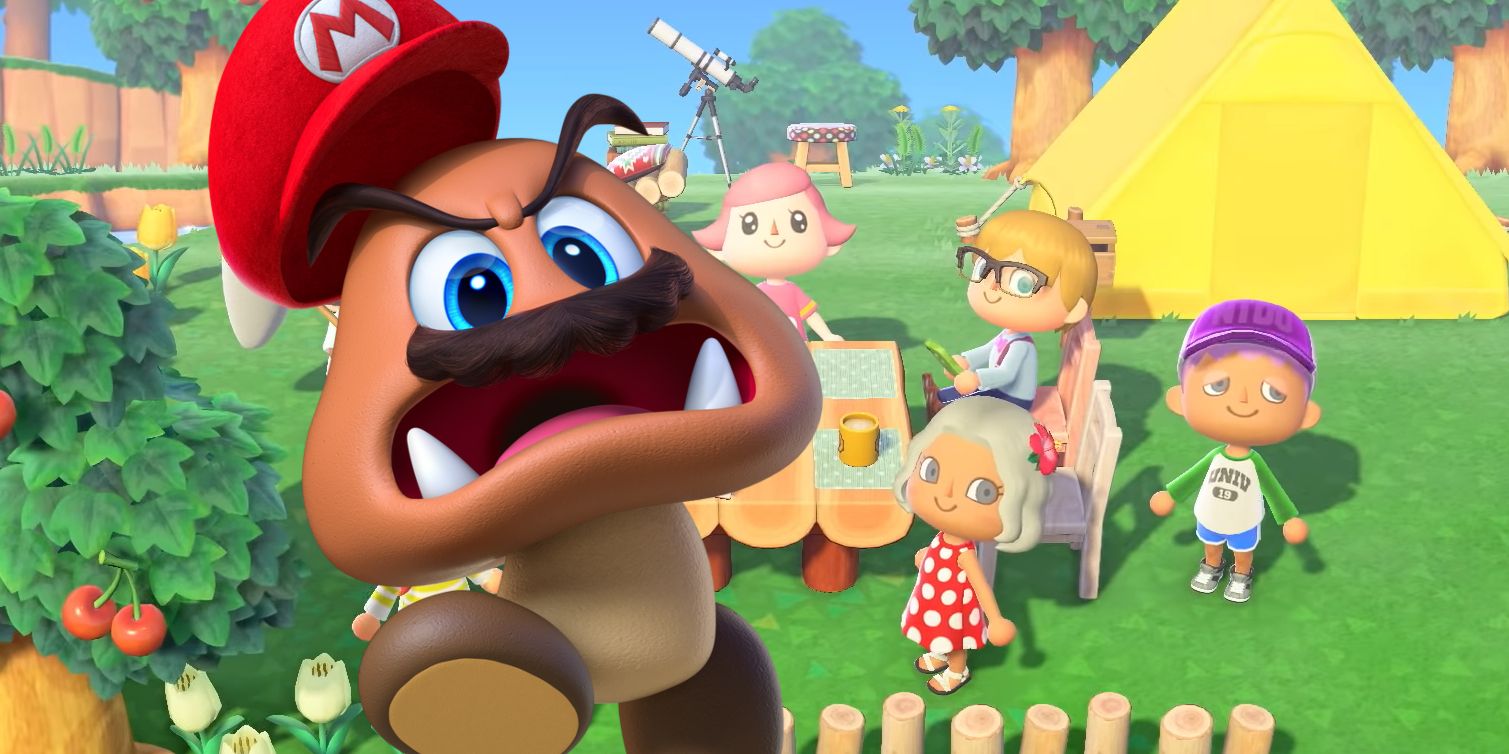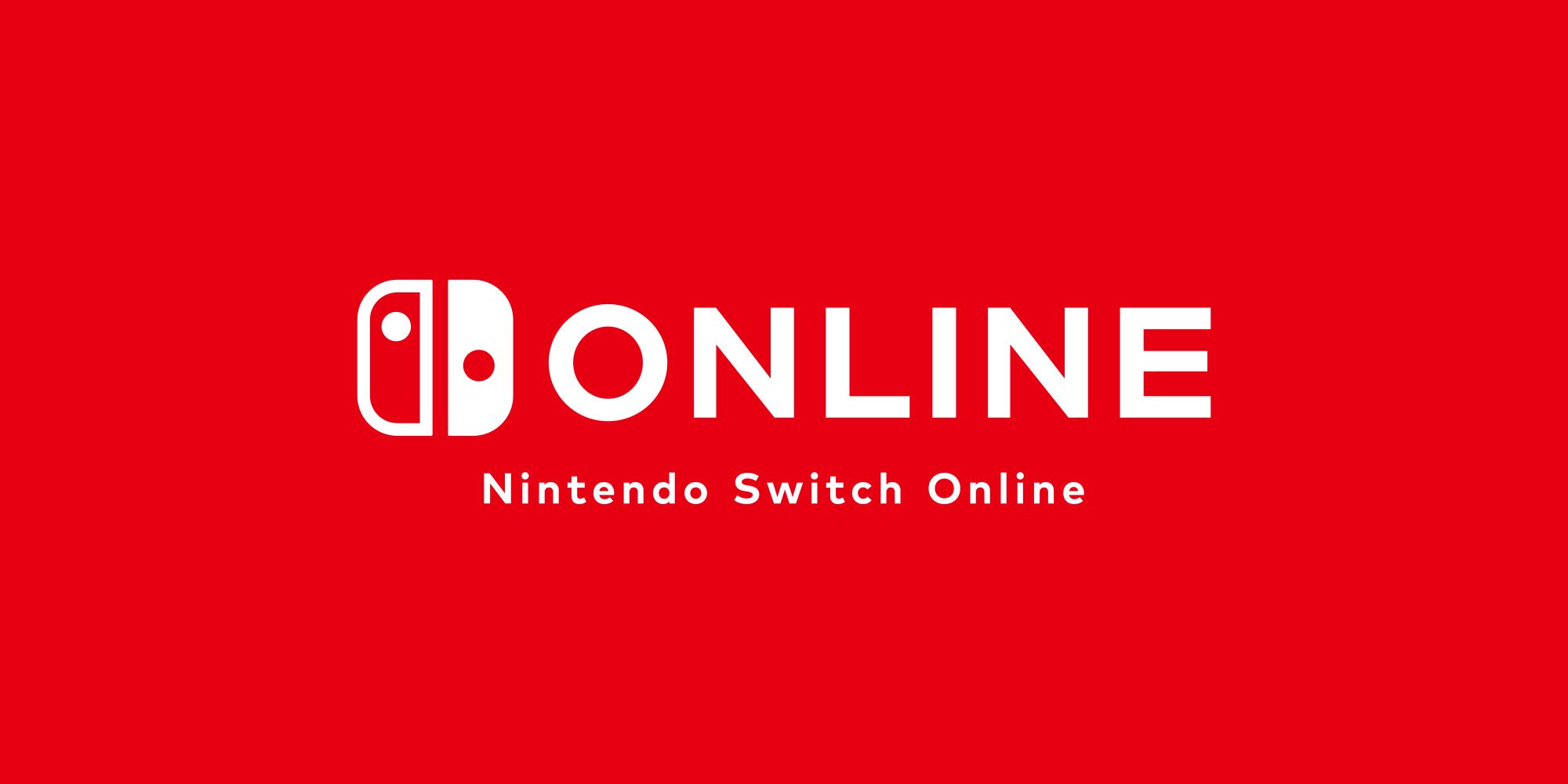Video game publishers are out for players' wallets in every way possible, but Nintendo has usually been among the most consumer-friendly of big-name gaming companies. The Nintendo Switch era has brought with it a series of odd decisions, however, calling the "friendly neighborhood Nintendo" image into question.
Nintendo's good reputation stems mostly from the general polish of its games at release. Unlike something like EA's Anthem or Battlefront 2, it's incredibly rare for a Nintendo game to garner significant hype, then turn out to be a massive disappointment. Games like EA's are often improved over time by their publishers and developers, but Nintendo typically delivers complete experiences from the start. Nintendo has also resisted the allure of microtransactions on consoles so far, something most publishers can't claim.
But Nintendo's record on both these fronts has been muddied in the past few years. While Pokémon games are developed by Game Freak (not an in-house Nintendo studio), the series is closely associated with Nintendo and is one of its most popular exclusives. That made Pokémon Sword and Shield's controversial launch - hindered by poor performance, lackluster graphics, and missing fan-favorite creatures - a disappointment compared to the company's usual polish. And console-based Nintendo games like Sword and Shield may have remained microtransaction-free so far, but Nintendo has fully embraced the monetization model for its new mobile efforts, pumping out titles like Animal Crossing: Pocket Camp and Mario Kart Tour pervaded by predatory in-game purchases. This practice sparked fears of Animal Crossing: New Horizons microtransactions when an "in-game purchases" label appeared under its ESRB rating - something that likely wouldn't have caused so much worry if Nintendo hadn't already shown its willingness to nickel-and-dime players on mobile.
Making matters worse is Nintendo's lack of transparency. The in-game purchases label was removed from New Horizons' eShop page without comment, for example, and the company also went back on New Horizons' cloud save restrictions, quietly changing the wording of its statement on Animal Crossing cloud saves. This leaves players to guess at the motivations of Nintendo's decisions, most of which are likely related to Nintendo's outdated online services. Nintendo Switch Online still lags behind other consoles', with no in-game voice chat for most titles, connectivity issues, and a drip-fed supply of free NES and SNES games. It's cheaper than Sony's and Microsoft's subscriptions, but this does little to help make up for inconsistent cloud save support and other problems.
The Switch has put Nintendo in an odd position. The Wii and Wii U were more supplements to Xbox and PlayStation consoles than real, modern systems themselves, so Nintendo was able to skate by with mediocre services. But the Switch is the first Nintendo system since GameCube to truly appeal to a more "hardcore" gaming crowd, meaning it's under increased scrutiny. Gamers want playing on Switch to be an experience on-par with other consoles, but Nintendo continues to make baffling decisions that push the Switch further from its competition. Nintendo's future focus should be on fixing its recent shortcomings, and it should be transparent with its fans about how it plans to do so.


